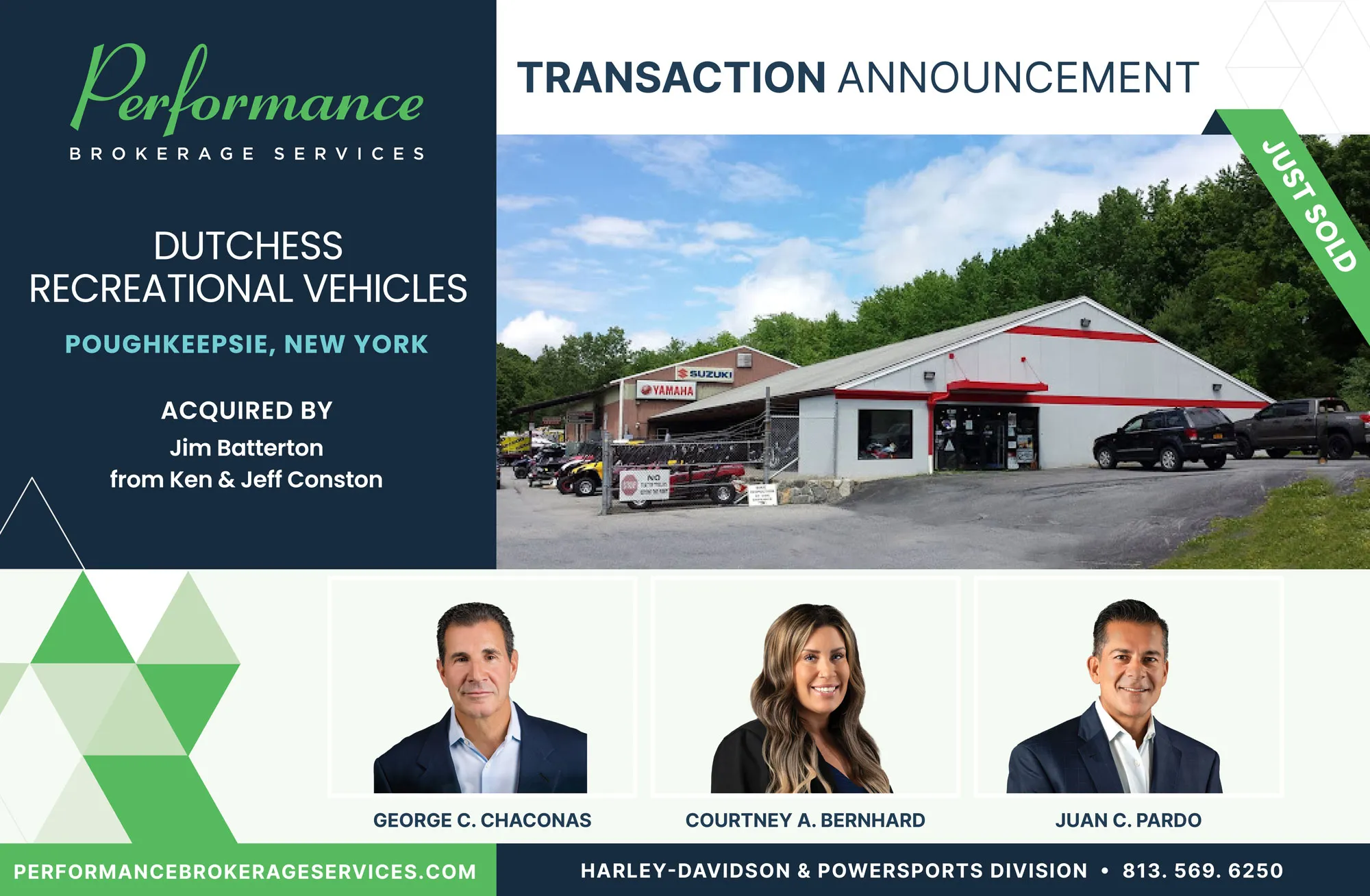Goodwill continues to fuel debate in divorce cases involving professionals such as attorneys and physicians. In a recent Arizona case, Walsh v. Walsh, the court of appeals reversed the family court’s ruling limiting a law firm partner’s goodwill to the amount he would receive under a stock redemption agreement.
Family court values interest
During divorce proceedings between Cheryl and E. Jeffrey Walsh, the parties disagreed about the value of the attorney husband’s intangible professional (or personal) goodwill. The husband claimed that his interest in the law firm should be $140,000, the stock redemption value pursuant to the firm’s stockholder’s agreement. His expert testified that, while the husband had professional goodwill, the only realizable benefit from his employment as of the date of divorce was the $140,000 redemption value.
The court acknowledged that, when goodwill has no immediate cash value, the court must apply its own judgment and discretion.
The wife’s expert applied a capitalization-of earnings valuation approach and examined documents related to the husband’s tax returns, historical income performance, earnings sustainability, reputation and client loyalty. Based on these factors, and giving little weight to the stockholder’s agreement, the expert valued the husband’s professional practice at about $1.3 million.
The family court agreed with the husband’s expert and found that his interest in the firm (including goodwill) and the value of his law practice were limited to $140,000. The wife appealed, contending that the lower court shouldn’t have limited the husband’s professional goodwill as an attorney to his stock redemption interest in his firm.
Appellate court sides with wife
The appellate court began by explaining that future earning capacity isn’t goodwill per se. However, goodwill may exist when future earning capacity has been enhanced because reputation leads to probable future patronage from existing and potential clients. Like other Arizona professionals, attorneys face evaluation of their professional goodwill as a community asset under the state’s divorce law.
To determine the existence and extent of goodwill, the court said it may consider as “determinative factors” (commonly known as the Wisner factors) the practitioner’s:
- Age,
- Health,
- Past earning power,
- Reputation in the community for judgment,
- skill and knowledge,
- Comparative professional success.
The terms of an attorney’s partnership agreement might also be considered when determining the value of goodwill in a divorce context, but only as a single factor. “Partnership agreements,” the appellate court noted, “are designed to deal with particular aspects of the business, and simply do not address the considerations involved in valuation for a marital dissolution.”
The court of appeals faulted the family court for failing to consider the husband’s professional goodwill beyond his stock redemption interest in the firm. The court pointed out that it had previously rejected the lower court’s approach of requiring goodwill to be realizable something that can be bought or sold on the open market as had other courts.
The court acknowledged that, when goodwill has no immediate cash value, the court must apply its own judgment and discretion in making a determination. The determination isn’t limited to corporate documents setting a shareholder’s interest in the company’s assets. Rather, the court can use the Wisner factors and expert testimony to help guide its examination of enhanced future earning capacity.
Important distinction
The court of appeals concluded that the family court had conflated the firm’s net assets, which were subject to the stockholder’s agreement, with the husband’s own goodwill. It also decided that he possessed goodwill beyond the amount the family court had designated.
The appellate court emphasized, however, that its ruling shouldn’t be interpreted as equating future earning capacity with goodwill. Future earning capacity may be evidence of goodwill, but the earning capacity isn’t itself a divisible community asset.
Is Professional Goodwill Community Property?
The husband in Walsh v. Walsh (see main article) alternatively argued that professional goodwill is separate from “enterprise goodwill” and not divisible material property. The Arizona court of appeals acknowledged that some states hold that professional goodwill may not constitute material property. In Arizona, however, the court said that consideration of the Wisner factors demonstrates that the state does in fact consider qualities that are attributable to the individual in determining community property values.
The husband further argued that professional goodwill is already realized through future earnings and accounted for in spousal maintenance. The court disagreed, comparing the divisible component of professional goodwill with an interest in pension rights – value is generated (at least in part) during the marriage, and will be realized later. Courts must, however, ensure that they don’t divide as community property future earnings that are based solely on post-divorce efforts.
This article was written and published by Dennis Frankeberger, CPA/CFF, CFE 909-597-1100.
The Partners of Frankeberger Vausher + Company, CPAs and Litigation Consultants, have in excess of 35 years professional litigation and expert witness experience. We consult with clients, their attorneys and or accountants on the matters listed above in support of confrontational issues requiring settlement and or potential equitable adjustments. We have the technical expertise to analyze complex situations, assist with discovery, and render independent, professional opinions.
Frankeberger Vausher + Company includes CPAs, Forensic Accountants, Certified Fraud Examiners, and includes an expert with a Master’s Degree in Taxation. Dennis Frankeberger – Managing Partner, is also the Chairman of the Board of Advisors to The Leventhal School of Accounting at the University of Southern California. He has lectured extensively regarding matters of Internal Control, Discovery, Fraud, Ethics and Taxation.
- Litigation and Arbitration – Wrongful Employment Termination
- Lost Profit Analysis – Business Damages
- Mergers & Acquisitions – Lost Earnings
- Business Valuations – Due Diligence
- Contract Disputes – Wrongful Franchise Termination
- Forensic Accounting – Fraud & Embezzlement Investigation
- Family Law – Expert Witness Testimony
For more information, please contact Dennis Frankeberger, CPA/CFF, CFE 909-597-1100
Email address: FV@FVCPAs.com
Website: www.FVCPA.com


